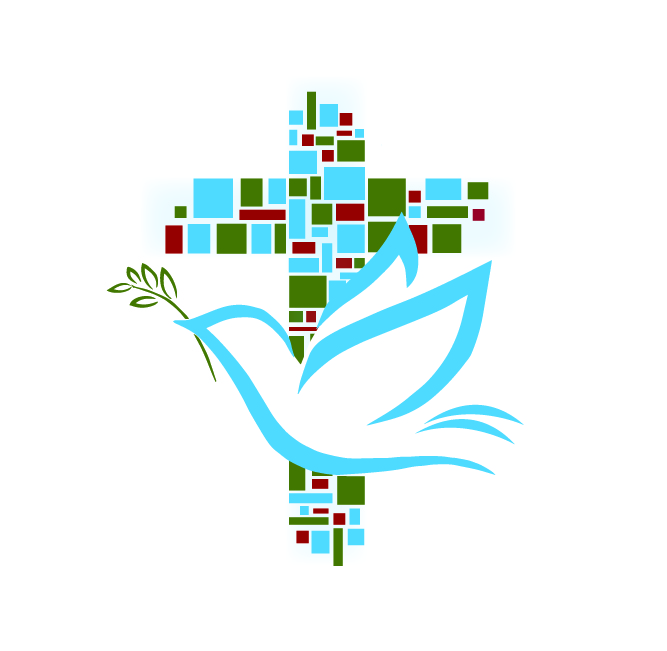Lent 2, February 28, 2021
Whether you have a Sunday School certificate in your scrapbook or a theology diploma
in your office wall, you probably know about “covenants.” They are promise
agreements between persons or between God and humankind. Consider God’s
promise to Noah and family after the great flood; the rainbow would be the symbol of
their rescue. Also, the nation of Israel joined with God in a covenant through Moses
on the mountain at Horeb-Sinai: Yahweh would be their God and Israel, the people of
God. Signs of this chosen relationship were the giving of the Ten Commandments and
Sabbath as day of renewal and rest for the people.
The covenant of El Shadai (God of the Mountain) with Abraham and Sarah (Genesis
17) is at the pinnacle of this week’s Old Testament reading. Though the couple is well
into their 90’s, God promises, “You will have a child and one day you will be parents of
many nations.” They are called to trust in God, to move to another region and begin a
new life.
Generations later, a descendant of Abraham and Sarah, Jesus of Nazareth, speaks
with disciples about the cost of being his followers (Mark 8: 31ff). Just as Abraham
and Sarah were called to give up their life of stability, so also Peter and friends must
look ahead to a selfless life, and even persecution and death.
Then, there is God’s promise agreement with all of us, the human family, as Jesus
gives Himself as the mediator through his ministry, death and resurrection to forgive the
sin of all. As promoter of this New Covenant, the apostle Paul in Romans 4 speaks of
the vital aspect of faith (following the example of Abraham and Sarah) for being
members of God’s family. Obeying the law is not enough! In God’s gift of the
sacrament of Baptism, we are invited to live with, die with and be raised with our
victorious Brother Jesus.
How else is God’s covenant renewed each day? The season of Lent provides the gift
of Bible study, personal and community reflection and serving neighbors. An
opportunity this year is to explore the Abrahamic faiths—Judaism, Christianity and
Islam. (All hold Abraham in reverence and believe in one God.) What are their origins,
beliefs, traditions and festivals? When there is hatred / violence against another
member or branch of the human family, how can we call out hate speech and racist
acts and work for reconciliation with God’s guidance?
+++ Breuilly, O’Brien and Palmer, Religions of the World, Illustrated Guide, 2005, Facts
on File, Inc., Consultant Editor is Rev. Dr. Martin Marty, University of Chicago.
~ Ed Brandt

